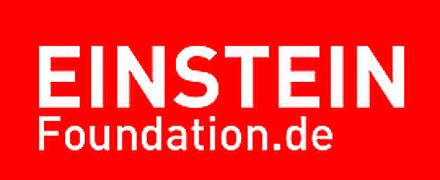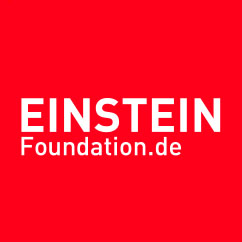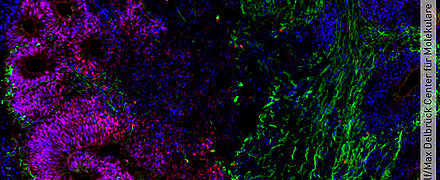After a year of preparation, the new Einstein Center for Alternative Methods in Biomedical Research is funded by the Einstein Foundation Berlin since June 2021. The aim of the Einstein Center 3R (Replace, Reduce, Refine) is to develop new therapies for human diseases by improving the transferability of research while also taking into view animal welfare. The Einstein Foundation will provide financial support amounting to €5.3 million until the end of 2026, but will make part of its funding subject to the Center's positive interim assessment by the Foundation's independent research board in 2024. The necessary funding will be made available by the State of Berlin in addition to the Einstein Foundation's basic budget.
Research will focus on 3D models of human tissue designed to offer a replacement to animal testing. These special cell cultures, known as organoids, can be cultivated to resemble individual organs both in function and in structure. They open a new window into understanding and treating human diseases, and, in some areas, offer a wider scope of possibilities compared to the analysis of individual cells or animal testing. Species-specific differences often limit the transferability of research insights gained during animal testing into practical treatment. Organoids, by contrast, offer biomedical researchers the major advantage of working directly with human cells. The Einstein Center will accommodate six research projects focusing on the intestines, lung, heart, brain, liver, and neuromuscular junctions, respectively. These will be complemented by two cross-sectional quality assurance projects designed to improve the models and define measures and principles to guide the projects' research. In addition, the Center will set up an imaging and analysis platform in order to improve the comparability of human and animal-based models regarding the specific characteristics of diseases such as COVID-19.
The founding institutions of The Einstein Center 3R are Charité - Universitätsmedizin, Freie Universität Berlin, Humboldt-Universität zu Berlin, and Technische Universität Berlin, in close cooperation with the Berlin Institute of Health at Charité, the Max Delbrück Center, the German Federal Institute for Risk Assessment (BfR), and the Robert Koch Institute. The Center's long-term aim is to build a Berlin-wide research network that explores tissue models and develops cutting-edge projects. The 3R principle, introduced by William Russell and Rex Burch, seeks to substitute animal experiments with alternatives (replace), minimize the number of animals used in experiments (reduce), and ease the amount of stress put on animals (refine). Education and training will help early career researchers to rigorously employ this principle throughout their work. Communication and outreach programs will also play a significant role in the Center's activities.


![[Bitte in "Englisch" übersetzen:] [Bitte in "Englisch" übersetzen:]](/fileadmin/_processed_/8/3/csm_csm_1700x590_TU_FelixNoak_86dccf730b_8c25ac5b36.jpg)


